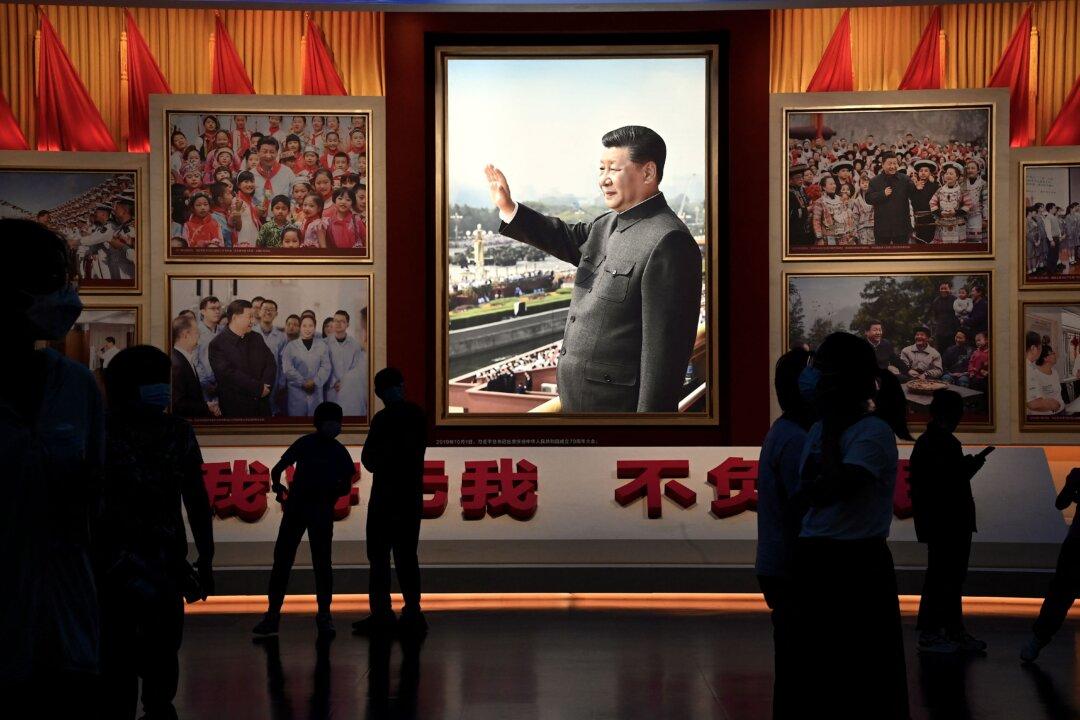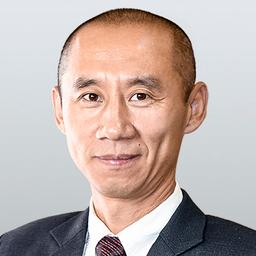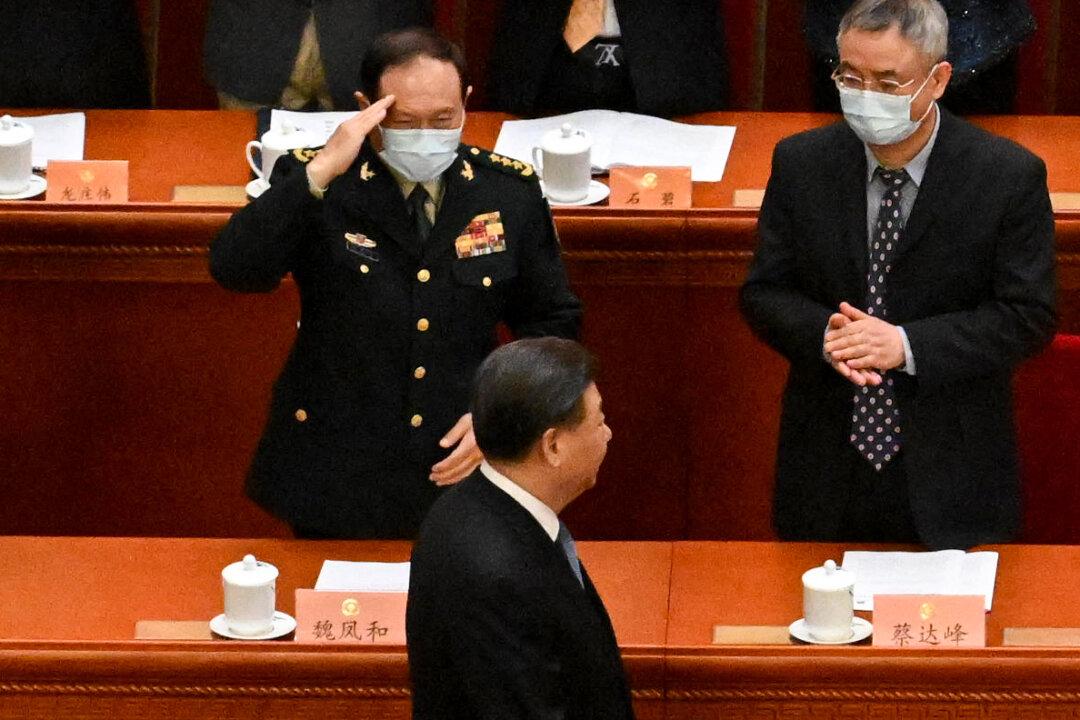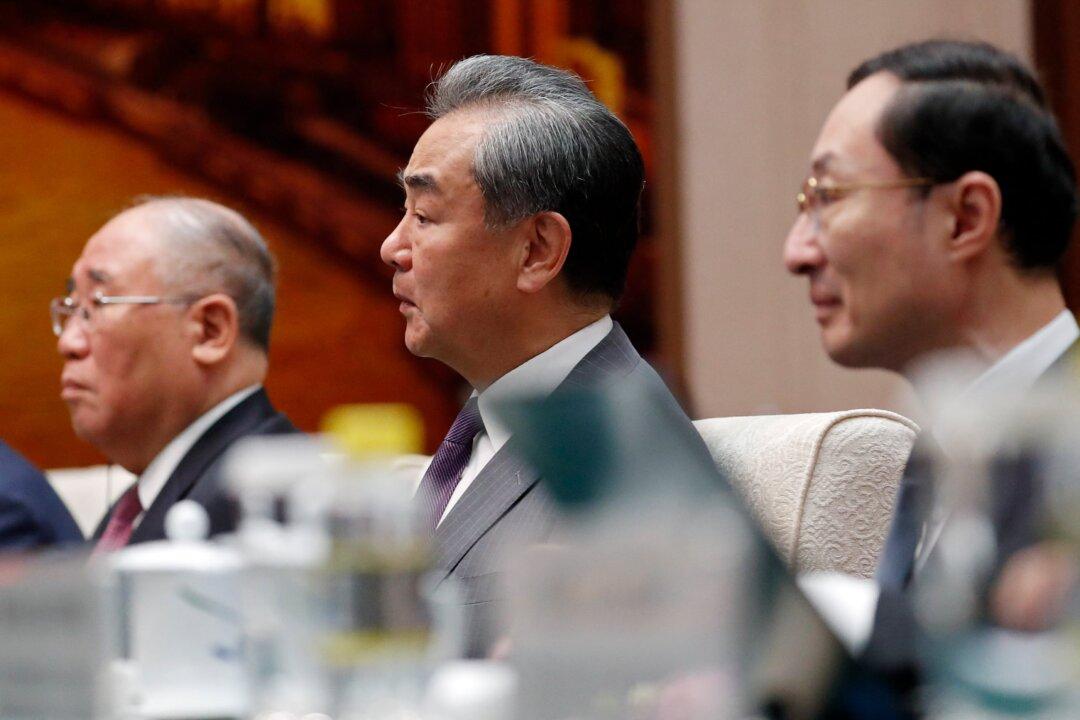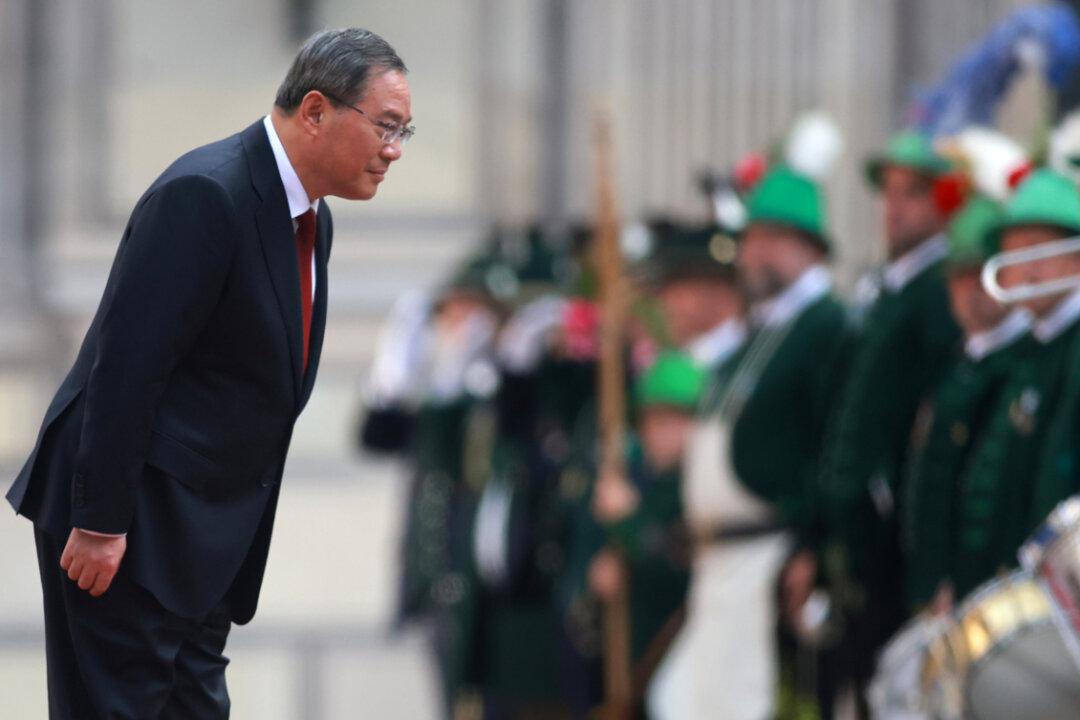Chinese Communist Party (CCP) leader Xi Jinping warned in early July that if communist party members lose their belief in Marxism and communism the CCP will collapse and disintegrate, suffering the same fate as the Soviet Union.
On July 4, Mr. Xi told the state members at the Shanghai Cooperation Organization (SCO) summit by video connection that he opposes any country “instigating color revolutions” and “interfering in internal affairs” for any reason.
